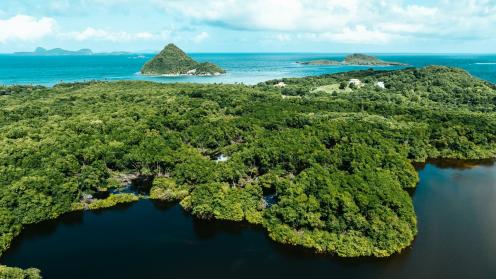Negotiating Bloc
Small Island Developing States
Content associated with Small Island Developing States
Daily report for 14 September 2017
13th Session of the Conference of the Parties to the UNCCD (COP 13)
Daily report for 13 September 2017
13th Session of the Conference of the Parties to the UNCCD (COP 13)
Daily report for 12 September 2017
13th Session of the Conference of the Parties to the UNCCD (COP 13)
Daily report for 9 September 2017
13th Session of the Conference of the Parties to the UNCCD (COP 13)
Daily report for 8 September 2017
13th Session of the Conference of the Parties to the UNCCD (COP 13)
Daily report for 7 September 2017
13th Session of the Conference of the Parties to the UNCCD (COP 13)
Curtain raiser
13th Session of the Conference of the Parties to the UNCCD (COP 13)
Daily report for 6 September 2017
13th Session of the Conference of the Parties to the UNCCD (COP 13)
Summary report 5–8 September 2017
1st Asia-Pacific Ministerial Summit on the Environment
Daily report for 16 August 2017
23rd Annual Session of the International Seabed Authority
